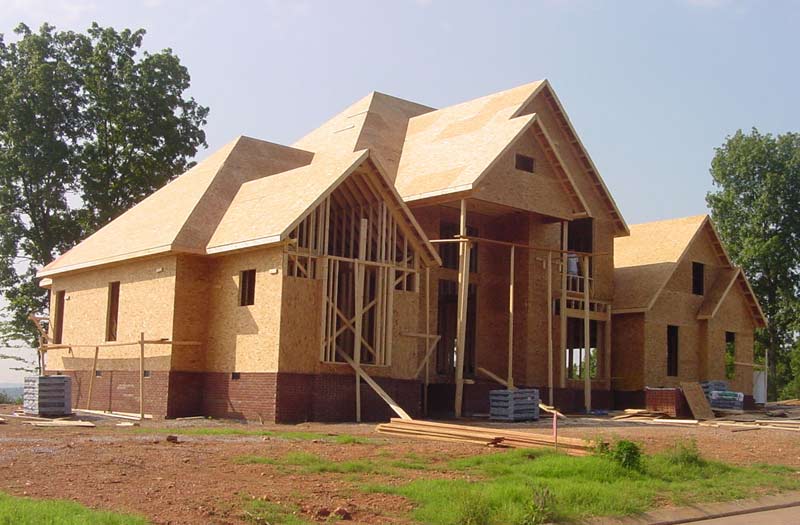Now do not be put off by the wording in the heading. Yes there are things which can go wrong in this hugely important task of having your home built. And you can reduce the chances of things turning sour by taking certain steps. But from the outset please understand that many people have their new home built with few if any worries. Almost everyone will have some minor hiccups but with any luck you can be in your home on time and look back thinking this was a pretty stress free few months.
But yes, there can be glitches or hiccups or sadly, a major landscaping mistake. There are a number of reasons why this can happen. It can be the fault of the builder and sometimes it can be the false of the owner. You, the person having their house built, can make mistakes. Do you maintain a regular and honest flow of communication? Do you constantly keep in touch with your builder? Sometimes it’s a lack of communication which causes a simple problem to become much worse than necessary. Communicate.
Of course a dishonest builder, an incompetent builder or simply a builder who doesn’t care about the standard of their work is a disaster waiting to happen. There are television programs devoted to the problems people have with sloppy workmanship so yes, things can go wrong.
Control your expectations
While there is a contract to protect both the owner and builder, and while the words on the contract may be clear and all issues black-and-white, sometimes the precise wording does not stop some owners from hoping or wishing things were better. For example,you may have expectations that the building will contain such and such or look so and so despite what the contract stipulates. If the owner has unrealistic expectations, it’s only natural they will be disappointed when what they are hoping for doesn’t happen.
These days with the software programs available to architects, draftsman and builders, it’s possible to take a virtual tour of your soon-to-be built house even before the foundations have been dug. Being able to see your new home on a computer screen can help to place your expectations in the world of reality.
How to avoid problems during the build
Keep your end of the bargain. In the vast majority of cases, regular payments are made by the owner to the builder as the job progresses. You don’t have to outlay the entire amount at the beginning and the builder has a regular income during the months it takes to build your new home. If you are late with any payment, you are probably in breach of the contract and you will most likely annoy the builder. The builder may well be within their rights to stop work until the agreed payment is made.
By all means keep in regular communication with the builder and, safety regulations permitting, inspect the building work whenever possible. Feel free to ask questions. But you are not the builder; you are not the person who orders materials and you must leave those things to the appropriate person. In other words get involved without getting involved.
Do your research in detail before you sign the contract. If you have a lifestyle which requires certain qualities to your new home, you must choose materials which support that lifestyle. You might be a musician and want a room where you can rehearse or even record. If you choose poor quality materials for sound proofing purposes, your expectations of a fabulous music room may never be met. In the end you get what you pay for.
Finally there’s the issue of a finish date. The contract will stipulate this specific time. But always take into account the availability of builders. Understand that there may be many subcontractors working on your house. It sometimes happens that a subcontractor is delayed. That can have a flow on effect. That can mean that your project doesn’t meet the deadline. Are you prepared for such a situation? Have you got somewhere to live if your new home is not ready on time? Think ahead, plan well and expect the unexpected.






